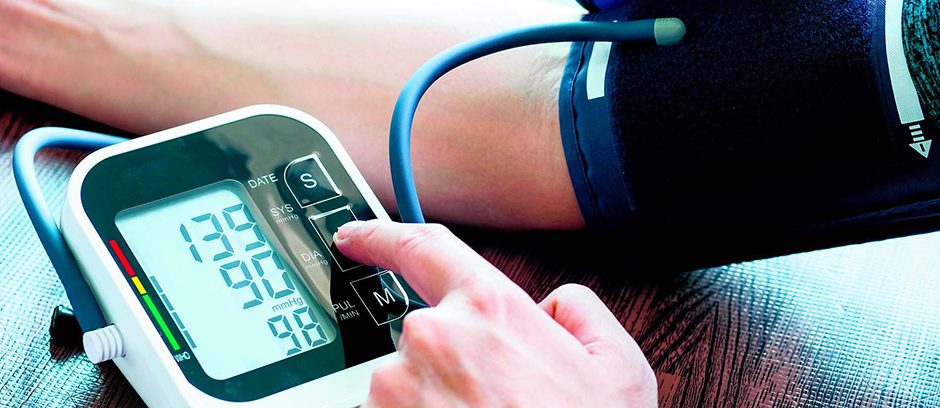
[By Khyber Khan, MD, Ellis Primary Care – Glenville, St. Peter’s Health Partners Medical Associates.]
The sooner you know, the sooner you go … to the Emergency Department.
This article is not meant to alarm readers, but the progression of sepsis can be very fast and extremely dangerous, so we want you to be educated on what to look for and when to seek help.
Sepsis results from an infection entering your blood stream. It can start with something as simple as a cut or a throat infection. It is usually caused by bacterial infections but can also arise from viral or fungal infections.
Usually, your body will naturally fight off these infections. But sometimes, your immune system will stop the body’s natural response to infection. It turns into sepsis, which needs immediate antibiotic treatment and intravenous (IV) fluids. Sepsis can progress to septic shock (a dramatic drop in blood pressure), multiple organ failure, and death. Septic shock can cause death in as little as 12 hours.
According to the Centers for Disease Control and Prevention (CDC), at least 1.7 million adults in the U.S. develop sepsis each year and at least 350,000 people die. It is also the main reason people are readmitted to the hospital. Sepsis can affect all ages, though it is more likely to occur in the very young, the very old, and people with weakened or impaired immune systems and chronic illnesses.
If you have a wound, the Sepsis Alliance recommends washing hands/wearing gloves before you treat it, applying antibiotic ointment or cream, and watching for signs of infection that include redness, feeling warm to the touch, increased pain and/or discharge. And do not pop or break a blister!
It is important to know what to look for so you can get help right away for yourself or someone you love.
Signs of Sepsis
- Rapid breathing/fast heartbeat
- Mottled skin
- Confusion/sleepiness
- Drastic body temperature change (high or low)
- Fever/chills
- Feeling the sickest you’ve ever felt
- Extreme pain
If you experience these symptoms, especially if you have a wound, act fast. With quick diagnosis and treatment, you increase your chances of survival and lower your risk of long-term complications.
To learn more, visit https://qi.ipro.org/sepsis/ and view the video at the bottom of the page: “Sepsis: What You Need to Know to Save a Life.”
When every second counts, St. Peter’s Health Partners has top-quality emergency departments in Albany and Troy offering a wide range of services provided by highly trained staff, diagnostic testing, and access to specialists. Our team is prepared to act quickly if a patient is experiencing symptoms of sepsis. Don’t delay care; we are here to help.
For more information, visit us at https://www.sphp.com/for-patients/think-before-you-go.





